The Bayyna Center for Research and Studies organized a workshop at the Imam Hussain Holy Shrine aimed at documenting the history and expansions of the Shrine over more than 23 years of continuous work across intellectual, cultural, religious, and service-related fields.
Achievements Worth Preserving
This workshop comes as part of a strategic project designed to assess the Shrine’s significant accomplishments and highlight its influential role in building individuals, fostering community development, and supporting humanitarian causes and national projects both inside and outside Iraq.
Speaking to several media outlets, Secretary-General of the Holy Shrine Hassan Rashid emphasized: “The Shrine’s journey, spanning over two decades, has yielded remarkable achievements, forming today a rich legacy of contributions at multiple levels, intellectual, cultural, religious, and developmental.”
He added, “The Shrine’s efforts have not been confined to religious and cultural domains alone, but have also extended strongly into humanitarian services through the establishment of hospitals, schools for orphans, family guidance institutions, and cultural centers both within and beyond Iraq. It has also played a pivotal role in supporting frontlines during times of terrorist threats, in addition to delivering aid to disaster-stricken nations, especially during crises faced by peoples in Palestine, Lebanon, and Syria.”
Concluding his remarks, Al-Abayaji stated, “The holy shrines deserve to have this rich heritage, filled with achievements and noble initiatives in building both the country and its people, properly documented.”
Comprehensive Encyclopedia and Multilingual Reach
Sheikh Ali Al-Qaraawi, Director of the Bayyna Center and of Intellectual Security, described the workshop as the launch of a major project to chronicle the expansions of the Imam Hussain Holy Shrine, calling it one of the most remarkable periods in Iraq’s modern history. He explained that the Shrine has played multiple roles spanning cultural, intellectual, scientific, medical, humanitarian, logistical, and even military fields.
Al-Qaraawi noted, “The project will focus on collecting documents and recording every detail related to the Shrine’s development over the decades, with comparative studies carried out every five years to showcase its progress and areas of expansion.”
He further explained that the project involves administrative, legal, technical, and academic efforts to comprehensively document these contributions. The current workshop marks the practical beginning of this major undertaking, held under the supervision of the Secretary-General of the Holy Shrine, and includes follow-up meetings with previous administrative committees to record challenges, management methods, as well as religious and legal documents related to the Shrine’s administration, while also anticipating future plans and projects.
Al-Qaraawi concluded by noting that the results of this initiative will be compiled into a comprehensive encyclopedia containing detailed information never before published in any other source. This encyclopedia will serve as a vital reference for researchers and specialists and will be translated into multiple languages to extend its impact internationally.



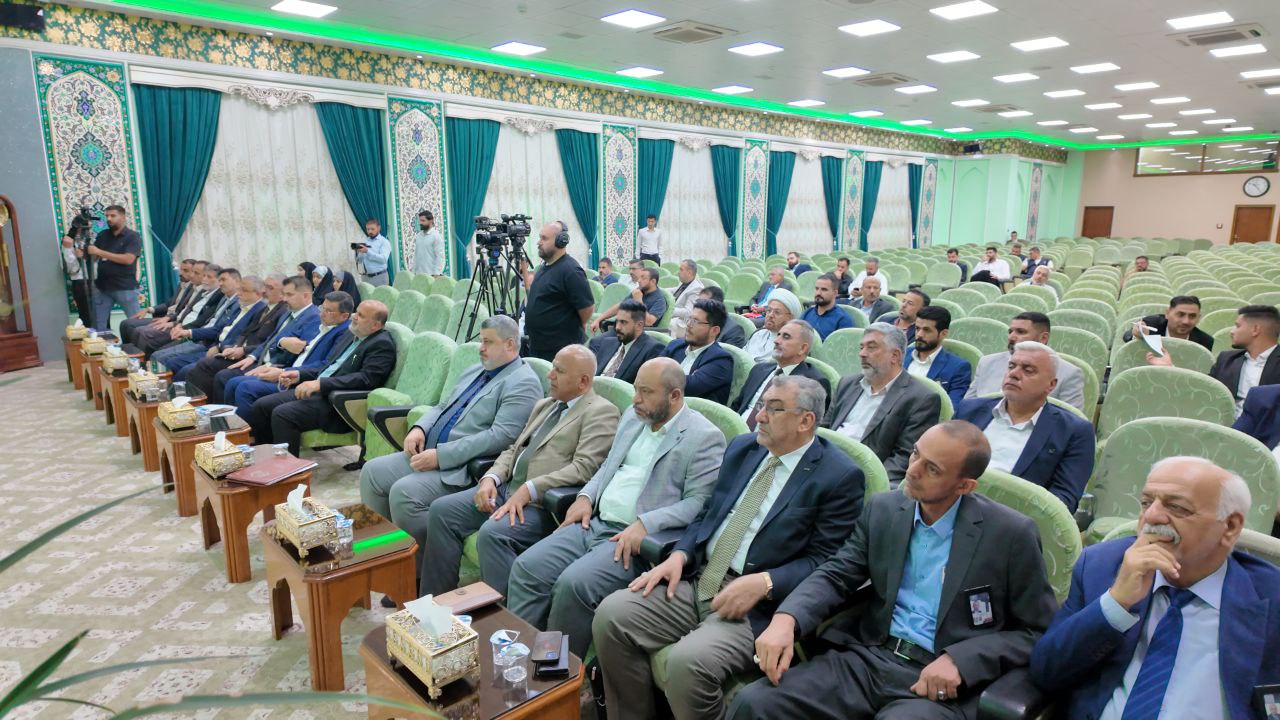
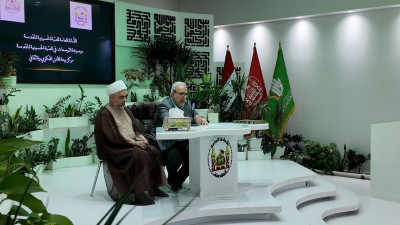
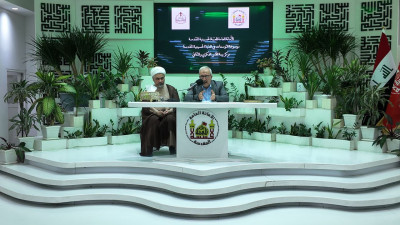
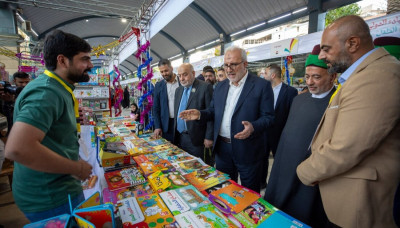
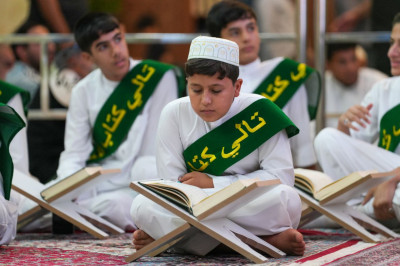
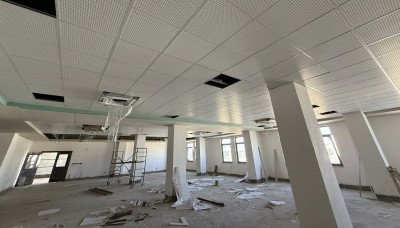
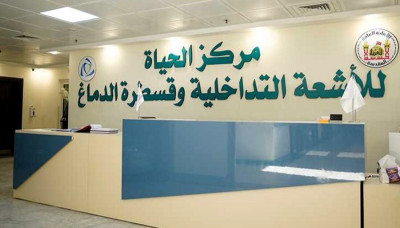
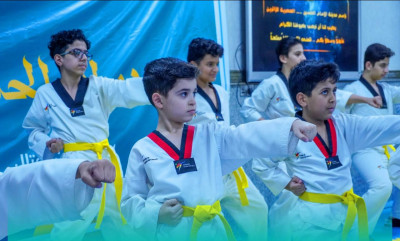
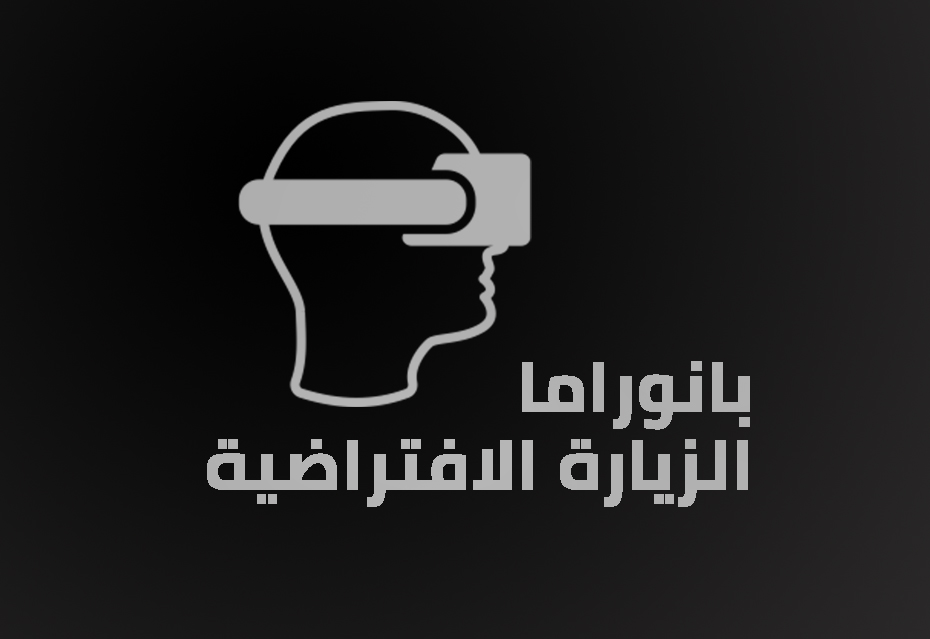
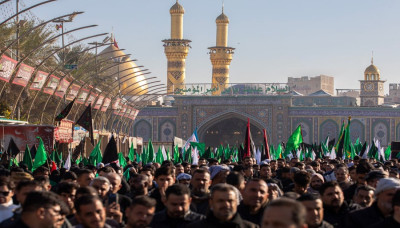
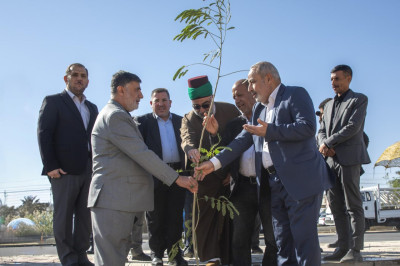
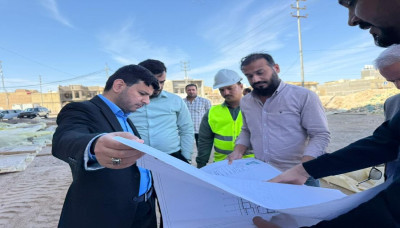
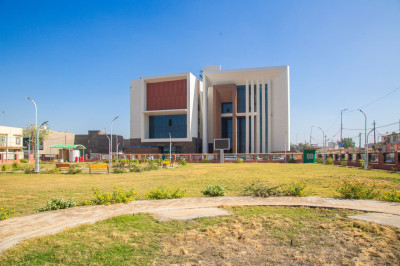
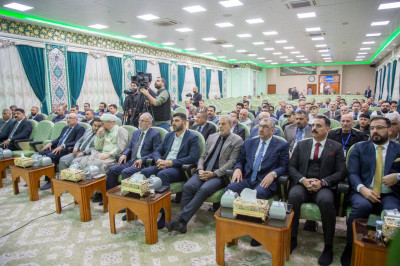
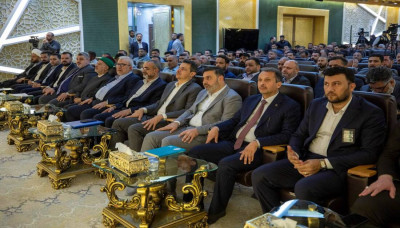
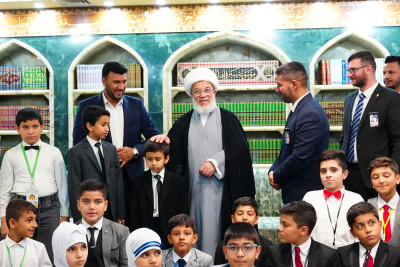
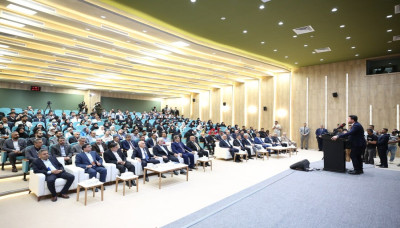
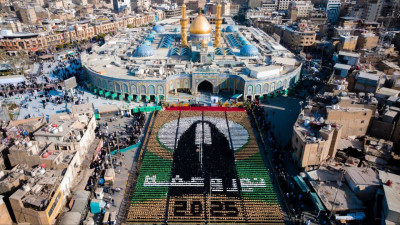
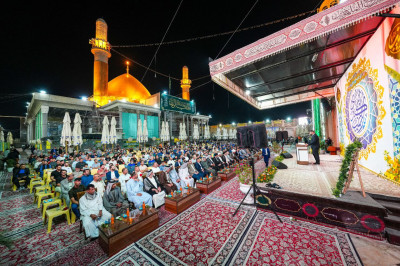
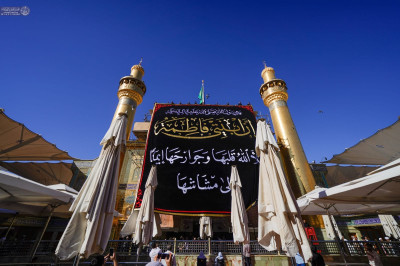

اترك تعليق